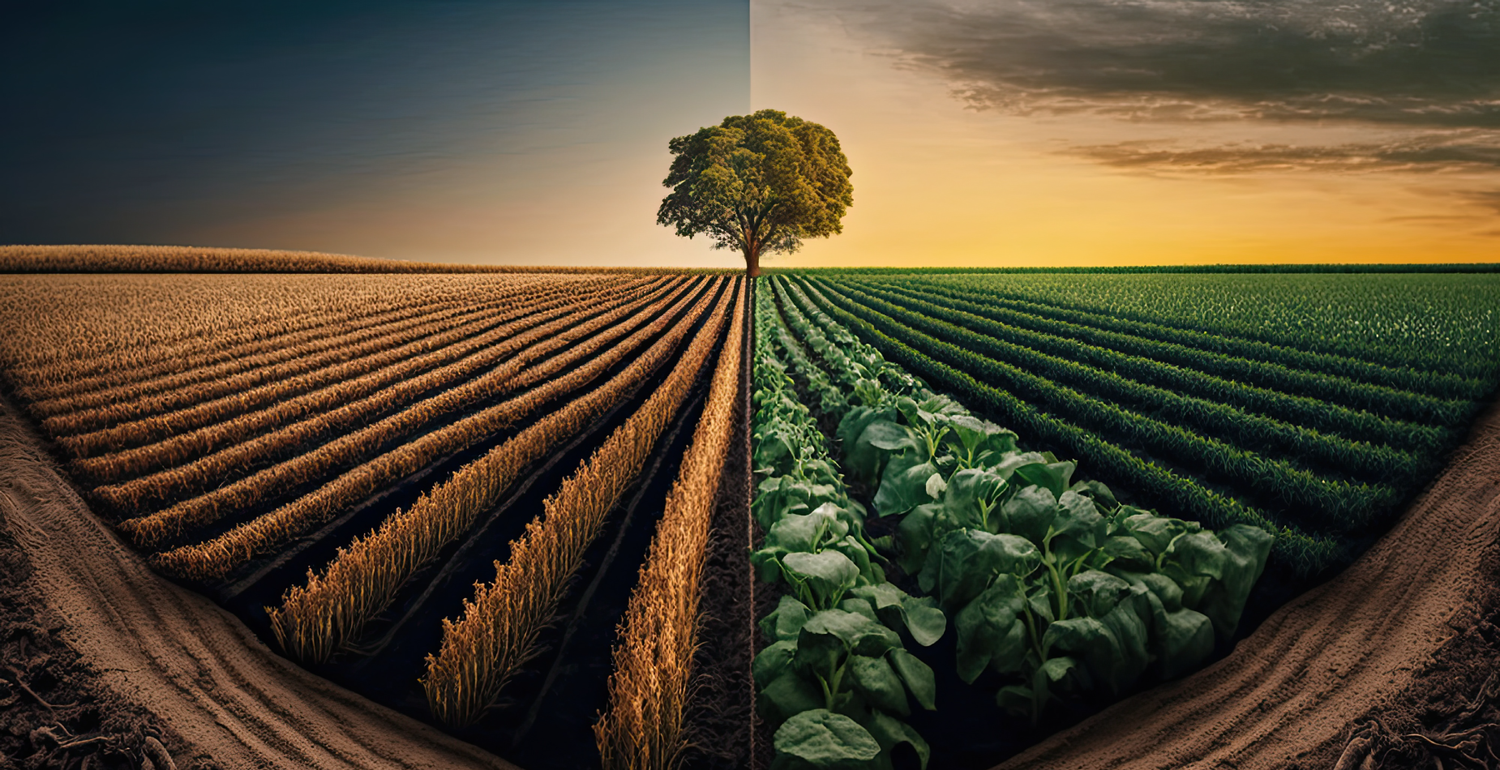The Power of Worms: Transforming Agriculture and the Environment By Nurturing Nature.
In the quest for sustainable agriculture and environmental preservation, the humble worm has emerged as a powerful ally. Through the processes of vermiculture and vermicomposting, worms provide us with "worm juice" and castings, which are nutrient-rich by-products that can revolutionise the way we approach farming and waste management.
What is Worm Juice?
Worm juice, also known as worm tea, is a liquid fertiliser produced from the leachate of worm castings. When organic waste is processed by worms, it breaks down into rich, humus-like material known as worm castings. The liquid that seeps through these castings and is collected at the bottom of a worm bin or farm is worm juice. This liquid is packed with beneficial microorganisms, enzymes, and nutrients, making it a potent organic fertiliser and soil conditioner.
Benefits to Agriculture
-
Nutrient-Rich Fertiliser: Worm juice contains essential nutrients such as nitrogen, phosphorus, and potassium, which are crucial for plant growth. Unlike synthetic fertilisers, worm juice provides a balanced nutrient profile that plants can easily absorb.
-
Improved Soil Health: The microorganisms in worm juice help enhance soil structure and increase its ability to retain moisture. This leads to healthier root systems and reduces the need for frequent watering.
-
Pest and Disease Resistance: Plants treated with worm juice are often more resistant to pests and diseases. The beneficial microbes in the juice help create a protective barrier around plant roots, reducing the incidence of fungal infections and harmful pathogens.
-
Eco-Friendly Solution: Using worm juice reduces the dependency on chemical fertilisers and pesticides, which can have harmful effects on the environment. It promotes organic farming practices that are safer for both the ecosystem and human health.

Worm Farms and Environmental Impact
Worm farms, or vermiculture systems, are designed to cultivate large populations of worms for the purpose of waste decomposition and fertiliser production. Here's how they contribute to environmental sustainability:
-
Waste Reduction: Worm farms can process a significant amount of organic waste, including kitchen scraps, garden waste, and agricultural by-products. This helps divert waste from landfills, reducing methane emissions and the overall carbon footprint.
-
Soil Regeneration: The castings produced by worms are an excellent soil amendment. They enhance soil fertility, improve aeration, and increase microbial activity, which are all vital for sustainable agriculture.
-
Carbon Sequestration: Healthy soils rich in organic matter can sequester carbon, helping mitigate the effects of climate change. Vermiculture plays a key role in building and maintaining such soils.
-
Sustainable Agriculture: By integrating worm farms into agricultural practices, farmers can create closed-loop systems where waste is recycled into valuable resources. This reduces the need for external inputs and promotes a more sustainable and resilient farming model.
In conclusion, the adoption of worm juice and worm farms in agriculture not only improves crop yields and soil health but also contributes significantly to environmental conservation. Embracing these natural and sustainable practices can lead us towards a greener and more productive future, where both our food systems and the planet thrive in harmony.

